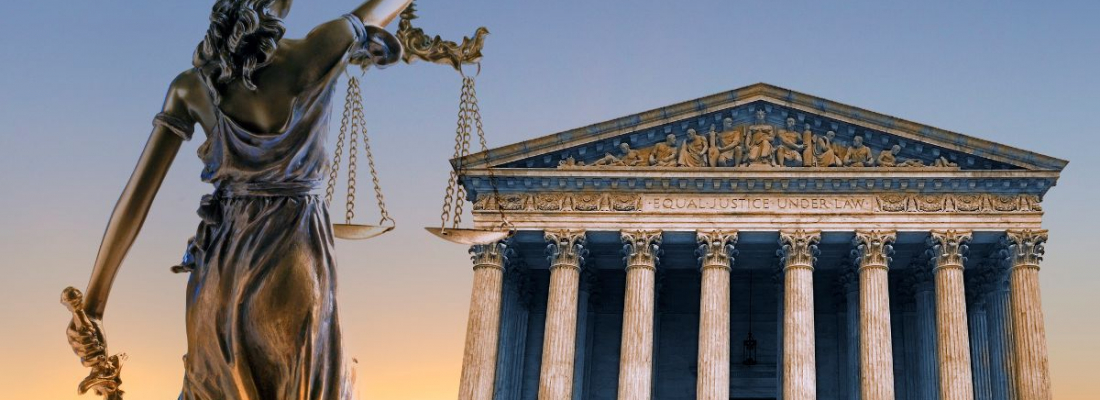On July 1, 2021, the U.S. Supreme Court struck down a California regulation requiring nonprofits to disclose donor tax information to the state’s Attorney General, ruling that the donor disclosure mandate violated the donors’ First Amendment rights and was therefore unconstitutional.
Background
At issue in Americans for Prosperity Foundation v. Bonta was a California regulation requiring charities operating in the state to file a copy of their Form 990, including schedules and attachments, with the State Attorney General. On Form 990’s Schedule B, donors contributing more than $5,000 or more than two percent of the nonprofit’s total contributions during the tax year are listed by name and address.
The plaintiffs – Americans for Prosperity Foundation and the Thomas More Law Center – had declined to file their Schedule Bs or filed redacted versions omitting the donor disclosure information. The nonprofits provided evidence showing that donors to both organizations had suffered harassment and threats in the past and were likely to suffer from the same in the future since the state had inadvertently disclosed donor information even though the law required confidentiality.
Both organizations filed suit after receiving deficiency letters from the state, stating that the regulation violated their First Amendment right of association between the nonprofits and their donors.
The plaintiffs won at trial, but the Ninth Circuit reversed on appeal, ruling that the regulation’s disclosure requirement supported the state’s purpose in investigating and deterring charitable misconduct or fraud and that the disclosure did not place a meaningful burden on the nonprofits’ First Amendment rights.
The Decision
Writing for the majority in the 6-3 decision, Supreme Court Chief Justice John Roberts recognized that while “California has an important interest in preventing wrongdoing by charitable organizations,” the Court relied on the District Court’s finding that there was not “a single, concrete instance in which pre-investigation collection of a Schedule B did anything to advance the Attorney General’s investigative, regulatory or enforcement efforts” and therefore could not justify the requirement to disclose donor information.
“We are left to conclude that the Attorney General’s disclosure requirement imposes a widespread burden on donors’ associational rights,” Roberts wrote. “And this burden cannot be justified on the ground that the regime is narrowly tailored to investigating charitable wrongdoing, or that the State’s interest in administrative convenience is sufficiently important.”
As a result of this Supreme Court decision, nonprofits that had been required to report to the California Attorney General can now provide a Form 990 Schedule B with the donor disclosure information redacted.
The Church Law Center of California advises churches and other nonprofits on how to protect themselves from risk while furthering their mission. Call us today at (949) 892-1221 or reach out to us through our contact page.






